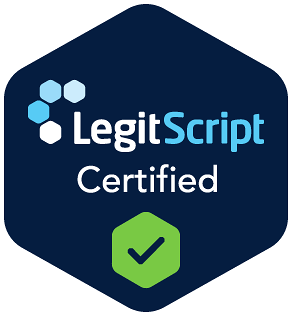Opioid drugs are some of the most addictive types of narcotics available today. Whether a person takes a prescription or an illegal type, opioids can cause destruction to a person’s physical and mental health. We created an opioid rehab in Atlanta that provides world-class care from addiction experts. Our medical and therapeutic staff members understand how to teach people to understand how addiction has impacted their lives. From there, they learn to make choices that keep them from falling victim to relapse. Our outpatient programs help change lives for good.
What Are Opioids?
Opioids are a type of drug derived from the opium poppy plant. Opioids include prescription drugs, illegal drugs, and synthetically produced versions. When someone takes an opioid narcotic, it binds itself to the person’s brain and creates an elevated sense of joy, pleasure, and pain relief. The body, which normally can produce this type of effect on its own, becomes compromised in its ability to do this. With repeated use, opioids begin to take over as the source for producing happy feelings. As a result, the individual abusing them develops an addiction that requires professional treatment.
The Opioid Epidemic & Statistics
When someone develops an opioid addiction, definite signs will appear. While they vary depending on the person and the severity of the addiction, commons ones include:
- Trying to stop taking opioids and failing
- Withdrawal symptoms when not using the drug
- Cognitive difficulty
- Feeling tired
- Sleeping excessively
- Reduced appetite and weight loss
- Flu-like symptoms
- Isolating from others
- Taking prescription drugs not meant for the person
- Feeling depressed, anxious, or moody
Causes and Risks of Opioid Addiction
People develop opioid addictions for different reasons that generally fall into one of two categories. The first is environmental, which includes a person’s childhood, their current living situation, and/or their inability to use healthy coping skills during times of stress. Someone who grew up in a volatile home life or witnessed addiction as a young person is more likely to be prone to developing an addiction. As well, dealing with the impact of things like unemployment, poverty, and other stressful events can cause a person to turn to opioid abuse.
The other risk factor is genetics. Someone who has a family history of addiction proves more likely to repeat the pattern. Other contributing causes include relying on opioids for pain relief or having a history of other substance use disorders.
Most Commonly Misused Opioids
The types of opioids that are the most commonly abused are typically classified as Schedule II and III drugs. They include:
- Buprenorphine (Suboxone)
- Codeine
- Fentanyl
- Hydrocodone (Vicodin)
- Hydromorphone (Dilaudid)
- Meperidine (Demerol)
- Methadone
- Morphine
- Oxycodone (OxyContin)
- Oxymorphone
Effects of Opioid Addiction
Someone who has become addicted to opioids finds that it negatively impacts their lives in several ways. Many people experience trouble performing well at work or school and may even lose their jobs. Opioid abuse often interferes with relationships and personal responsibilities. Also, the cost of procuring drugs can cause great financial distress. Some people end up in trouble with the law when they buy illegal opioids. As well, over time, medical problems can develop, including damage to the organs, collapsed veins, and breathing difficulties. In the event of shared needles, a person becomes at greater risk of developing diseases such as HIV/AIDS.
Opioid Withdrawal & Detox
The first step to overcoming opioid addiction is going to detox. This process takes about a week and should only be done in a medically supervised setting. Some people need to move into a residential program after this, while others find that outpatient care works best for them. All levels of opioid rehab in Atlanta will offer medical and psychological assistance in minimizing withdrawal symptoms. This makes it easier for the individual to move through the challenging first months of living a drug-free life.
How is Opioid Addiction Treated?
When someone develops an opioid addiction, a multi-pronged approach is needed for them to overcome it. Different types of therapy provide an effective way to help people understand their addiction and learn to move past it. Different types of therapy used include:
- Individual therapy
- Cognitive behavioral therapy
- Holistic therapy
- Group therapy
- Family therapy
- Red light therapy
- Trauma therapy
Many people find great success in becoming sober by using Medication-Assisted Treatment (MAT). This combines the use of talk therapy with prescription medications that help reduce withdrawal symptoms. Meds can also help people who experience mental health disorders that contribute to their addictions, such as anxiety and depression.

By NABH Staff
Medically Reviewed by
Erika Dalton, LMSW.
Last Updated on August 21, 2025
Get Help Now
Begin Depression Treatment in Atlanta Today
Mental health disorders cannot be treated by treating the symptoms alone. We use holistic and evidence-based methods to treat the entire individual.
Facility Image Gallery
Find Opioid Rehab in Atlanta, GA
Has opioid abuse impacted your life or the life of someone you love? It’s time to get the kind of life-saving help provided by North Atlanta Behavioral Health. We offer an opioid addiction treatment program that helps people learn to live a sober life. We offer several options for outpatient care that provide a variety of types of addiction-related therapies.
For more information about how to put opioid abuse in your past, visit our admissions page now. We make it easy to get started on enjoying a drug-free life.

Treatment Philosophy
North Atlanta Behavioral Health is dedicated to the health and happiness of our clients. We offer personalized treatment plans that put each individual’s needs first.

Meet Our Team
Our multidisciplinary team wants nothing more than for our clients to achieve a lifetime of recovery and sobriety. Let us help you get the most out of treatment.

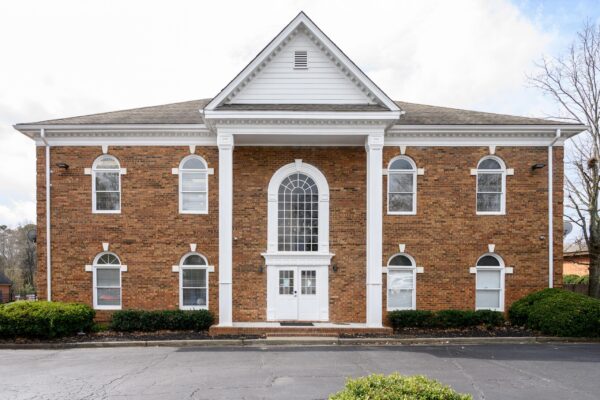




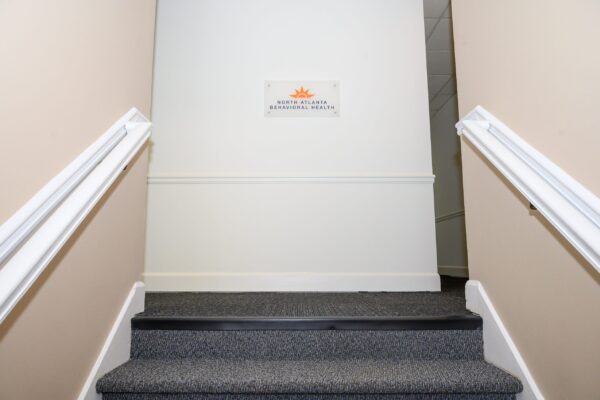
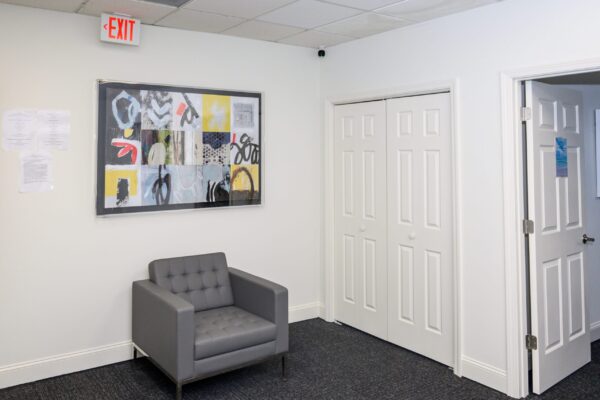
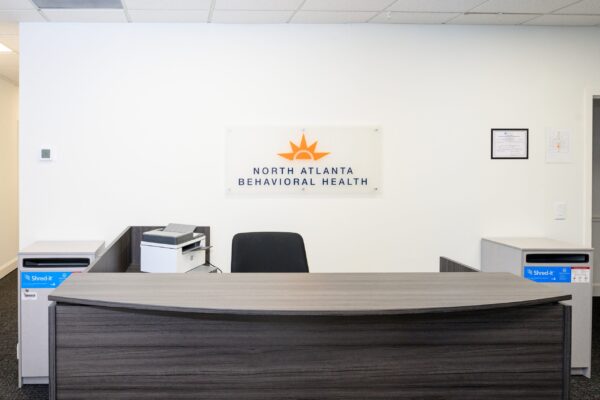

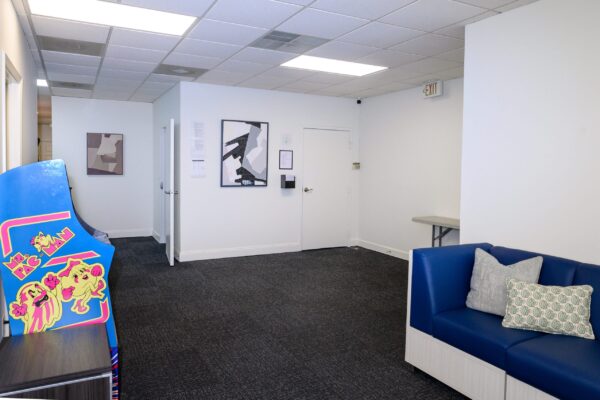
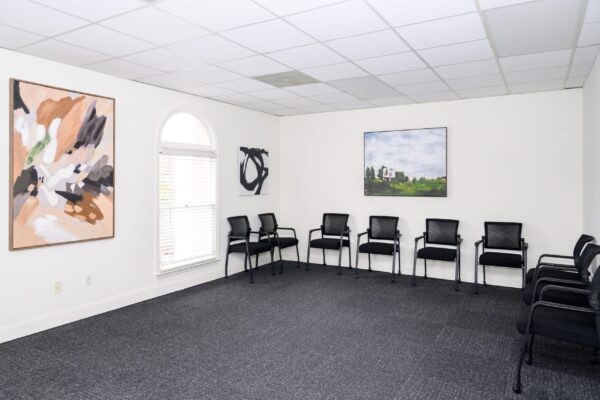

 I have been to my fair share of mental health programs and this one was extremely small, intimate and every staff member I have ever had contact with has been completely professional, compassionate, and caring.
I have been to my fair share of mental health programs and this one was extremely small, intimate and every staff member I have ever had contact with has been completely professional, compassionate, and caring.





